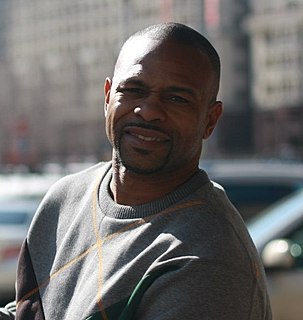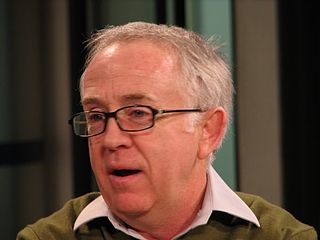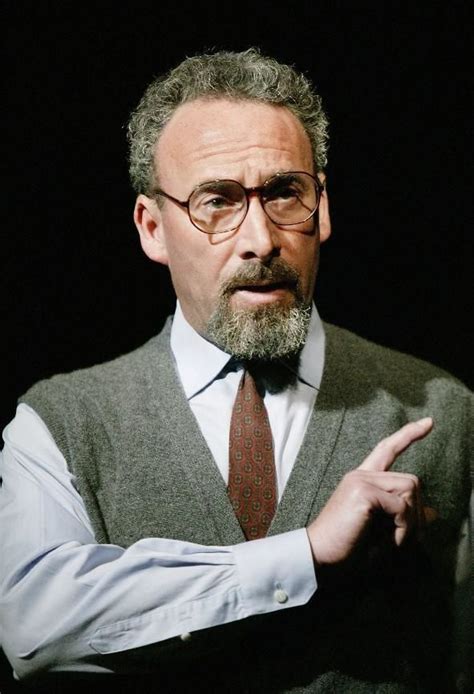A Quote by Joyce Maynard
The vehemence with which certain critics have chosen not simply to criticize what I've written, but to challenge my writing this story at all, speaks of what the book is about: fear of disapproval.
Related Quotes
There are certain scenes, certain hills and valleys and groves of pines which demand that a story shall be written about them. I would refine; I would say that the emotions aroused by these external things reverberating in the heart are indeed the story; or all that signifies the story....We translate a hill into a tale, conceive lovers to explain a brook, turn the perfect into the imperfect.
He thought about the story his daughter was living and the role she was playing inside that story. He realized he hadn't provided a better role for his daughter. He hadn't mapped out a story for his family. And so his daughter had chosen another story, a story in which she was wanted, even if she was only being used. In the absence of a family story, she'd chosen a story in which there was risk and adventure, rebellion and independence.
This book [the Bible] speaks both the voice of God and the voice of humanity, for there is told in it the most convincing of human experience that has ever been written...and those who heed that story will know their strength and happiness and success are all summed up in the exhortation, "Fear God and keep His commandments."
The process of writing a book is infinitely more important than the book that is completed as a result of the writing, let alone the success or failure that book may have after it is written . . . the book is merely a symbol of the writing. In writing the book, I am living. I am growing. I am tapping myself. I am changing. The process is the product.
There are a few critics overseas, and occasionally a critic will write an astute analysis of the movie. There is value in reading critics that actually have something intelligent to say, but the journalistic community lives in a world of sound bites and literary commerce: selling newspapers, selling books, and they do that simply by trashing things. They don't criticize or analyze them. They simply trash them for the sake of a headline, or to shock people to get them to buy whatever it is they're selling.
When I was writing the book, I thought "Who wants to hear another story about some actor who lost his way?" But my story is a little unique in that I realized when I was 14 years old that I was different. I think a lot of gay people use drugs and alcohol to quell that fear and shame - especially people of my age.
Right after the keynote in which Steve Jobs introduced the iPod Shuffle, I went backstage with one question in mind: What makes an iPod an iPod? By then - January 11, 2005 - I had staked my own claim to iPod expertise, having written a 'Newsweek' cover story about Apple's transformational music player, and I was writing a book on it.
I've been quoting the book [on Peter Sutcliffe] constantly in rehearsals. Some members of the cast have stated their disapproval that it should even have been written. Some of the women have expressed more - disgust and anger. What are they saying? They'd prefer not to know, not to understand? They'd prefer certain areas of life to be censored? Isn't that partly what breeds the Sutcliffes and the Nilsens?







































